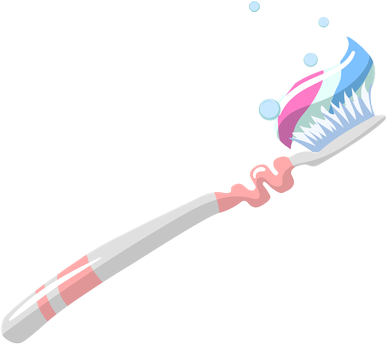 Bloomsburg, Danville, and Lewisburg, PA
Bloomsburg, Danville, and Lewisburg, PA
Dental crowns are custom-made porcelain caps that fit over the entire exterior of a tooth. Used to repair damaged teeth, crowns provide stability, strength, and aesthetics. Thanks to advances in dentistry, dental crowns are made either entirely from porcelain or with an outer layer of porcelain. The details of the crown are made to look just like a real tooth, and the porcelain is shaded to blend with your other teeth. But how can you tell if your tooth requires a crown? Today on the blog, Hamilton Dental Care shares three reasons why the dentist might recommend a dental crown.
Your tooth is severely cracked or broken
Enamel, the outermost layer of your teeth, is quite durable. It has to be to withstand all of the chewing that we do in a lifetime. Enamel is even said to be stronger than our bones! But that doesn’t mean that enamel isn’t susceptible to damage. Teeth become cracked or broken for various reasons. You might suffer an accident or injury to the face that caused a tooth to break or crack. Sometimes, patients come to our dental office in Bloomsburg because they cracked a tooth eating something hard. In cases of cracked or broken teeth, a dental crown is recommended to repair the damage and strengthen the tooth. The crown will fit over the entire tooth, concealing the crack or missing portion of the tooth that broke off.
Your tooth has extensive decay
Many people get cavities. If caught early, cavities can be repaired by placing a composite filling. However, if neglected or if an older, existing filling breaks or falls out, a dental crown may be the most suitable option to repair the tooth. After removing the decay, if there isn’t enough natural tooth structure to sustain a filling, then the dentist may recommend a dental crown. In some cases, where the decay is extensive enough to reach the tooth’s nerve and blood supply, an infection may require a root canal treatment prior to placing the crown.
You’ve had a root canal
Root canals involve removing the tooth’s nerve and blood supply and filling the inside of the tooth root with a special material, sealing out bacteria. Root canals are often recommended when a tooth has sustained substantial damage or any time that the nerve is compromised by oral bacteria or has died. Removing its blood supply makes the tooth brittle and subject to damage. Therefore, the tooth should be crowned following a root canal.
At Hamilton Dental Care, we always strive to provide the least invasive option. If the dentist recommends a dental crown to restore your tooth, it’s because anything less probably wouldn’t last. Getting a dental crown is a simple process. It requires two appointments to our office. At the first appointment, the dentist shapes the tooth and prepares it for the crown. Impressions are taken that are later used to fabricate your custom crown. It takes a couple of weeks to have the crown made, which is then sent back to our office. We’ll place a temporary crown over your tooth in the meantime. Once the permanent crown is ready, you return to our office. Necessary adjustments will be made to the crown to ensure a proper fit. Dental crowns are made to be permanent and designed to last for years.
Dental Crowns in Bloomsburg, Danville, and Lewisburg
If you’d like to learn more about dental crowns or see if you’re a candidate for this procedure, contact Hamilton Dental Care today by calling (570) 387-0533.






Comments are closed